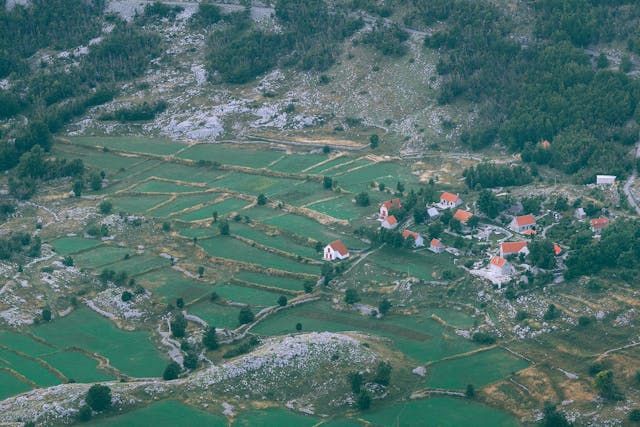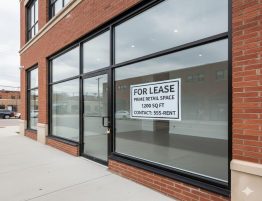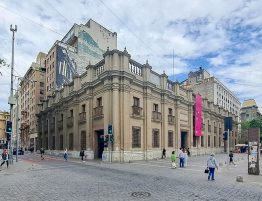
Today, more than ever, foreign investors are looking beyond the urban landscape of Santiago. They have their sights set on the Chilean countryside, where vineyards, farmland, and picturesque estates promise both lifestyle and long-term value.
However, most people are unaware that rural property in Chile operates under a very different legal framework than urban real estate. Agricultural zoning, water rights, and subdivision boundaries can turn a dream rural property in Chile, into a legal nightmare if not managed properly.
At Becker Abogados, we have the experience of guiding dozens of clients (ranging from European families to American professionals) through the complexities of foreign investment farmland in Chile.
Today, in this article, we’ll show you the most common legal red flags and how our legal team ensures that every transaction is completely safe and compliant.
Illegal Subdivisions: The Risks of Buying a “Cesión de Derechos”
Before investing in rural land, one of the first concepts you’ll encounter is a cession of rights (cesion de derechos): a partial transfer of property rights. While it may seem legitimate, in many cases it hides serious legal vulnerabilities.
What does a “Cesión de Derechos” Really Means?
A cesión de derechos (cession of rights) occurs when several co-owners divide an agricultural property informally, selling “shares” of the land rather than creating new, legally recognized parcels.
Given that Chilean rural zoning law (DL 3.516) strictly limits subdivision in parcels smaller than 0.5 physical hectares (5,000 m²), these partial transfers often bypass the Agricultural and Livestock Service (Servicio Agrícola y Ganadero — SAG) approval process. As a result, the buyer doesn’t obtain a formal title, but only a “right to use” the land, a precarious position under Chilean law.
The Hidden Risks
If a seller offers a “share,” it’s a red flag, pause, and request a legal title review before committing. Because:
- Your name will not appear as the sole owner in the Registrar of Real Estate (Conservador de Bienes Raíces).
- Banks and notaries usually refuse to process mortgages or public deeds based on cesión de derechos.
- You will be dependent on the decisions of the other co-owners; you will not be able to sell, build, or mortgage your share independently.
Becker Abogados routinely reviews such cases and often advises restructuring through a full subdivision process or purchasing only fully registered parcels.
Water Rights (Derechos de Agua): Are They Included and Properly Registered?
In rural property in Chile transactions, water is often more valuable than the land itself. Securing legal water rights in Chile is essential for any agricultural, residential, or investment use. But many properties listed for sale do not include them.
Types of Water Rights in Chile
Chile’s Civil Code recognizes water as national property but allows private use rights, divided into:
- Permanent rights: Ensure year-round access to a defined water flow.
- Eventual rights: Grant water only when surplus is available.
- Surface vs. underground rights: Depending on whether the source is a river, canal, or aquifer.
Each right must be registered in the Registrar of Real Estate (Conservador de Bienes Raíces) and in the General Directorate of Water (Dirección General de Aguas — DGA). Without both registrations, the right effectively doesn’t exist in legal terms.
Our attorneys verify all water-right documents, confirm registration at both entities, and ensure the transfer is reflected in the new deed. For clients planning to farm or develop vineyards, we also evaluate whether the available flow is sufficient for projected agricultural use.
Common Red Flags
- Verbal assurances that water “comes with the property” but no supporting certificates.
- Shared or informal canal associations (comunidades de aguas) where rights are undefined.
- Expired or unregistered transfers, previous owners, never formalized ownership changes at the DGA.
Building Permits & Zoning: Is Your Dream Home Even Possible on That Land?
Many foreign buyers imagine building a boutique lodge, vineyard villa, or modern farmhouse, but not all rural plots allow residential construction. Zoning, environmental regulations, and infrastructure restrictions can halt your plans before they begin.
Zoning and Land-Use Categories
Under Chilean law, rural land is primarily reserved for agricultural or forestry purposes. Building a house is permitted only under certain conditions. For example, as being necessary for farm management or having municipal approval within designated rural-residential zones.
Your lawyer must confirm:
- That the land lies outside protected agricultural zones.
- That the parcel has access to legal water, road frontage, and municipal services.
- Whether the municipality allows residential construction without reclassification.
Environmental and Heritage Restrictions
Some regions require environmental impact assessments (Declaración de Impacto Ambiental — DIA) before any construction, particularly near rivers or native forests. Others may be under heritage or conservation protection. Our team works with surveyors and architects to secure pre-approval before drafting any contracts, saving clients months of delay.
How Becker Abogados Protects Your Rural Investment
Rural acquisitions require expertise in agrarian, water, and environmental law, areas that differ dramatically from standard urban real-estate practice. Becker Abogados brings together specialists in each field to perform:
- Complete title and legal water rights Chile audits.
- Zoning and SAG subdivision verification.
- Coordination with surveyors, banks, and notaries for document certification.
- Structuring purchases through corporations or family holdings for tax optimization.
By identifying risks before signing, we protect our clients from years of litigation or lost investment value.
Becker Abogados ensures your farmland purchase in Chile is compliant, profitable, and fully protected under Chilean law. Your peace of mind begins long before you sign.
Rural land holds immense opportunity, and hidden risks. Book a consultation with our rural property experts before you invest.









